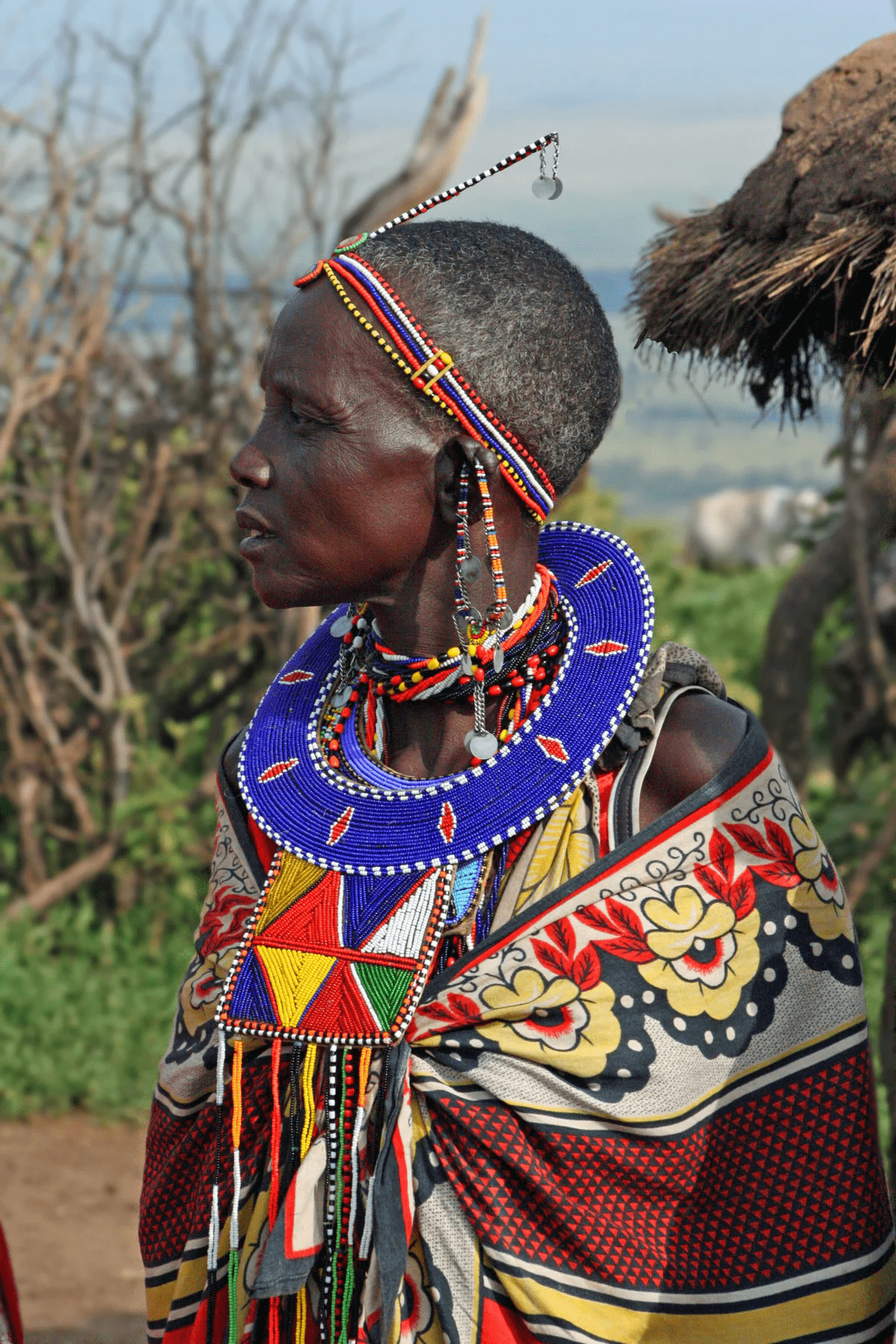The Maasai and the lions
The Maasai and the lions


But now things have changed and the Maasai are part of a new East African scheme to protect lions, called the Lion Guardians. The aim is for local people to be trained to manage and protect the lions without involvement from outsiders after the period of initial training. The Lion Guardians are taught basic literacy, how to manage data, how to deal with conflict between humans and lions, GPS and telemetry tracking of radio-collared lions. Some of them also learn how to speak in public and how to blog.
The Lion Guardians monitor the lions and other carnivores and inform cattle herders when to avoid the areas where there are lions. They also help improve the livestock enclosures and educate people about wildlife. Helping find lost livestock is another important job. In the past these would often have been killed by carnivores.
If anyone is about to carry out a lion hunt, the Lion Guardians try and persuade them not to. Since many of the Guardians have killed lions in the past and are very experienced, they are highly respected in the community and are listened to by their age-mates, or peers, and often by their elders. They explain the importance of the lions to culture and tourism and how they can now be arrested for killing protected animals.
One such Lion Guardian is Olubi Lairumbe. He has killed seven lions in his lifetime. The last one was a lioness who was pregnant with five cubs. He regretted killing her very much, had a massive change of heart and volunteered to become a Lion Guardian. Olubi's father used to hate lions and encouraged his sons to hunt them, but since Olubi became a Guardian, he has been advising them not to kill carnivores. Olubi was recently interviewed by Sir David Attenborough and appeared on the Africa documentary series.
Another Guardian, Mingati Makarot, is very good at tracking lions using his traditional skills and has a great knowledge of the area that acts as a refuge to many wildlife species. Mingati is a past lion killer but has completely converted to being one of its ardent protectors. His name, Mingati, is a 'lion name' given to him meaning one who is fast and doesn't lag behind.
In the past, a moran (a Maasai warrior) received a lion name after spearing a lion. In Maasai culture the name represents the characteristics of both the warrior and the lion he has killed. A warrior with a lion name feels that he has achieved something great. When the successful warrior brings the lion's mane and tail back to his manyatta (his home in the community) to be put on display, he is treated as a hero. Other young men who don't yet have their lion names are called by the general name of 'moran'. They long to have recognition and dream about the day that it will be their turn to bring home the lion trophy.
Now, this naming tradition is changing. The Lion Guardians experimented by giving lion names to boys who had not killed lions and it worked. Other young people called them by the lion names, then the older people did so too.There were still some boys who wanted to do something to prove their bravery, and they were assigned conservation tasks to do. Now young men can earn respect by protecting lions, rather than killing them.
Another change is that the lions are now given Maasai names and each has a card explaining who the lion is related to and which lions they keep company with. Personalising the lions helps them to be seen as individuals by the community.
Since the programme began in 2007, no lions have been killed in the area patrolled by Lion Guardians. Compare that to a similar neighbouring area without Guardians, where 63 have been killed, and you can see just how successful the scheme is. The Maasai have managed to successfully adapt their culture to changing times without giving up their identity.
برای دسترسی به دروس بیشتر به لینک زیر مراجعه کنید.
لغات زبان انگلیسی به تفکیک موضوع
How did the Maasai people feel about lions in the past?
What is the aim of the Lion Guardians scheme?
Why do the Lion Guardians tell local farmers where lions are?
How do other local people feel about the Lion Guardians?
Why did Olubi Lairumbe change his mind about killing lions?
How does Mingati Makarot know where the lions are?
How do Maasai warriors get a lion name, traditionally?
How has the naming tradition changed?
What did the Lion Guardians do to help people see lions as part of the community?
What is the key factor in the scheme's success?


